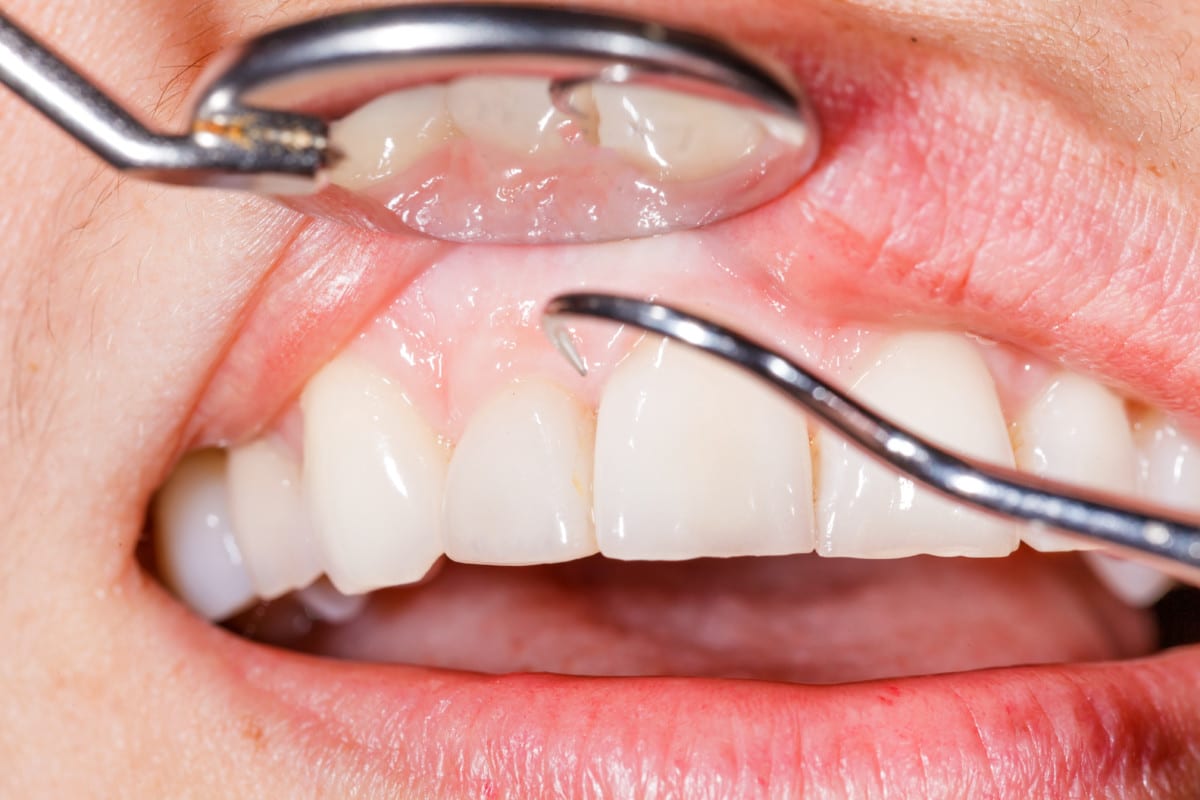Gingivitis, the early stage of gum disease,
is easily treated with professional cleanings with a dental hygienist and proper home care to remove the plaque before it becomes calculus. Periodontitis, however, will require more aggressive treatment. Your dentist may recommend that you have a deep cleaning (called scaling and root planing) to remove the plaque and calculus below your gums. For your comfort, anesthesia is used and the procedure is broken up into two or more visits, followed by a final polish visit where we remove any residual stain and check for persistent areas of inflammation. A slow-released antibiotic is often placed into deep pockets. You may also be prescribed mouth rinses. Patients in periodontal treatment frequently require cleanings and check-ups every three to four months to maintain their periodontal health.


Scaling & Root Planing
Patients with gum and periodontal disease require help in cleaning the deeper pockets found in the mouth. This deep tissue removal of calculus restores your mouth to health below the gums. If left untreated, calculus build up propagates periodontal disease and irreversible bone loss. Not only will your bones begin to recede, leaving your teeth more fragile and prone to loosening, it is linked to a number of other diseases.
Your hygienist will spend a significant amount of time on each tooth that requires this deep cleaning. Usually, only 25% of your mouth will be completed per appointment. You should expect to receive anesthetic during this procedure since a cleaning of this depth is often uncomfortable. There are three levels of pain management available during this procedure, from topical gel, to a gel that is placed in each sulcus (gums around each tooth), to local anesthetic injection. Your hygienist will help you to choose which form of anesthetic is most appropriate for your procedure.
Enhance your Smile
Easily request an appointment online and we will get you scheduled as soon as possible for the dental care that you need.
